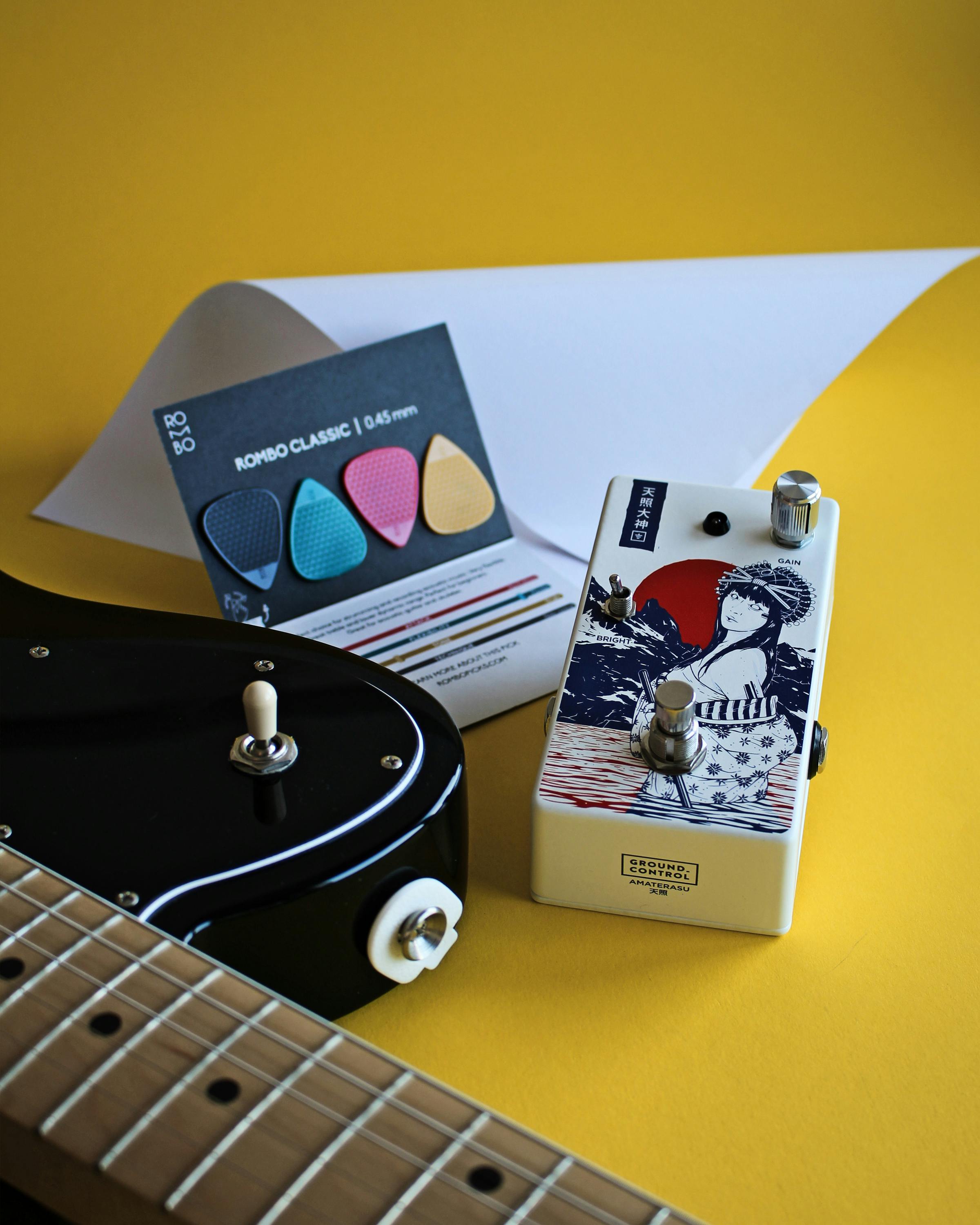Tone is a crucial aspect of guitar playing that can greatly affect the overall sound and feel of your music. Understanding the significance of tone and how to manipulate it is essential for any serious guitarist. Tone refers to the quality and character of the sound produced by the guitar. It is influenced by various factors, including the type of guitar, the type of pickups, the amplifier, the effects pedals, and even the player’s technique. Each of these elements contributes to creating a unique tone that can greatly enhance or detract from your playing.








 dearVR PRO 2
dearVR PRO 2


